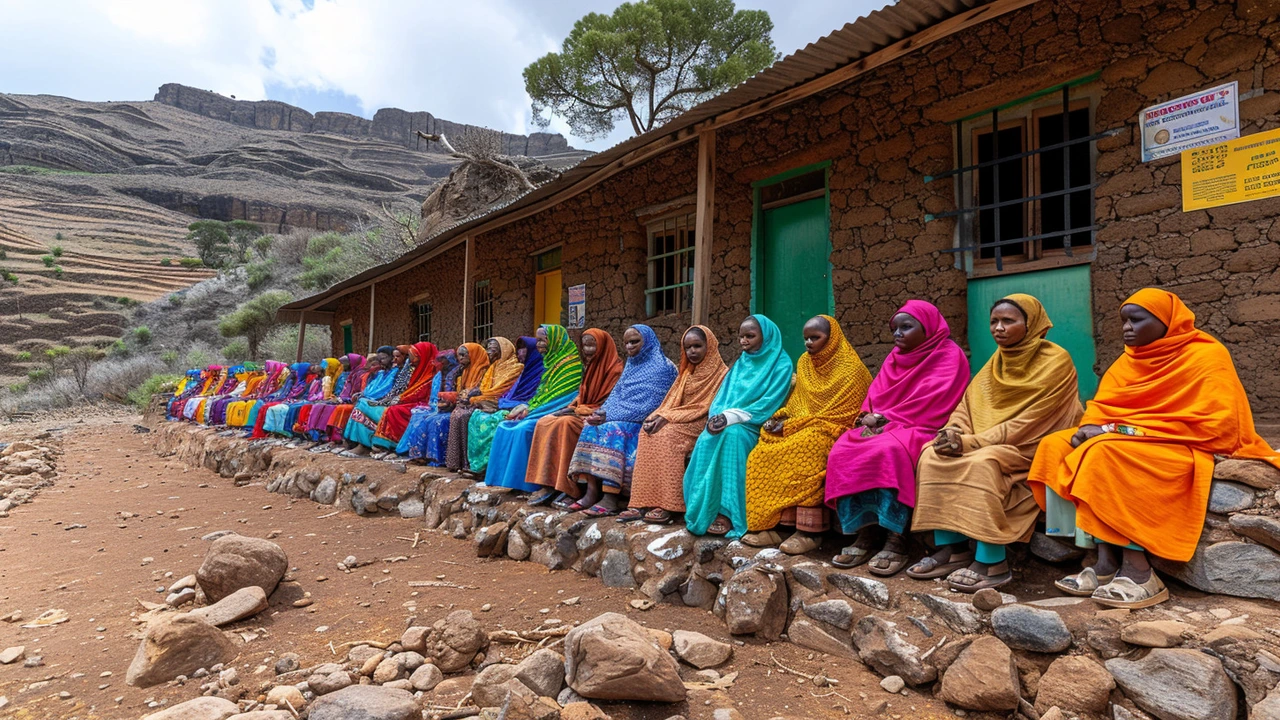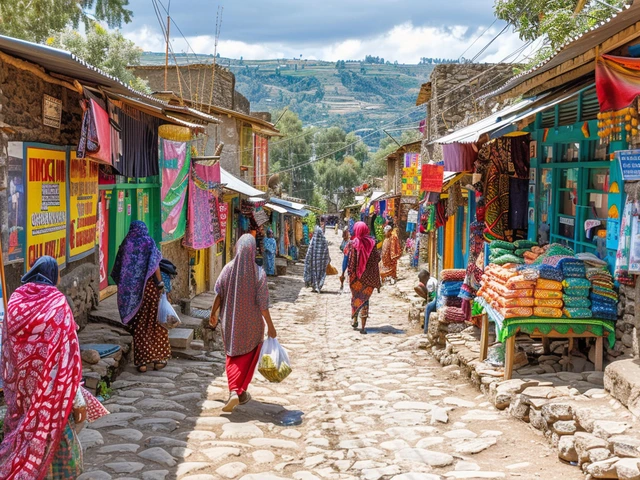Cost of Healthcare in Ethiopia: What to Expect and How to Plan
Ever wondered how much you’d have to pay for healthcare in Ethiopia? Whether you’re living here, planning a move, or just want to understand the basics, it’s easy to get lost in numbers and jargon. Let’s break down what medical care actually costs in Ethiopia, from hospital visits to medicine and insurance options.
First things first, Ethiopia’s healthcare system is a mix of public and private providers. Public hospitals and clinics charge the lowest fees, designed to be affordable for most residents. A basic consultation in a public clinic might cost under 100 Ethiopian Birr (about $2). But don’t expect quick service—lines are common and facilities can be crowded. Need special treatment or a private hospital? Prices climb fast. For example, seeing a private doctor in Addis Ababa often starts at 500–600 Birr ($9–$11) per visit, with specialized tests or scans running much higher.
Prescription drugs are another area where costs add up. While some basic medicines are subsidized in public facilities, private pharmacies set their own prices. For common antibiotics or painkillers, expect to pay anywhere from 50 to 400 Birr ($1–$7), depending on the brand and availability. Imported medications can be especially pricey—and sometimes, due to shortages, you may even need to visit several pharmacies to get what you need.
Most Ethiopians pay healthcare costs out of pocket. Health insurance is still a new concept for many people, but urban workers with stable jobs might get coverage from private providers or through employers. Monthly premiums start around 200 Birr ($4), but not all plans cover major treatments, and some have strict clinics you have to use. If you’re self-employed or in a more rural area, reliable insurance options can be hard to find.
Big expenses? Major surgeries and overnight hospital stays can drain savings if you have no insurance. A simple procedure in a public hospital might set you back several thousand Birr, but a similar operation in a private facility could run into tens of thousands ($1,000–$2,000 or more), depending on complexity. Wealthier families sometimes travel abroad for serious treatment, which adds travel and accommodation costs to the bill.
Hidden healthcare costs also surprise many people. Transport to and from hospitals, waiting times that cost you days off work, and the price of follow-up care all factor in. It’s common for patients to borrow money or rely on friends and family to pay bills—especially when facing chronic illnesses or emergencies.
So, can you find affordable healthcare in Ethiopia? Yes, but you’ll need to balance costs, quality, and convenience. Knowing your clinic options, asking about prices up front, and setting aside emergency funds go a long way. If you’re job hunting, look for employers that offer health benefits—it’s a huge help. And if you're starting a business or moving here for the long term, check what’s available for expats and entrepreneurs.
Healthcare in Ethiopia isn’t free or simple, but with a bit of planning, you can keep your costs under control and know exactly what you’re paying for.





